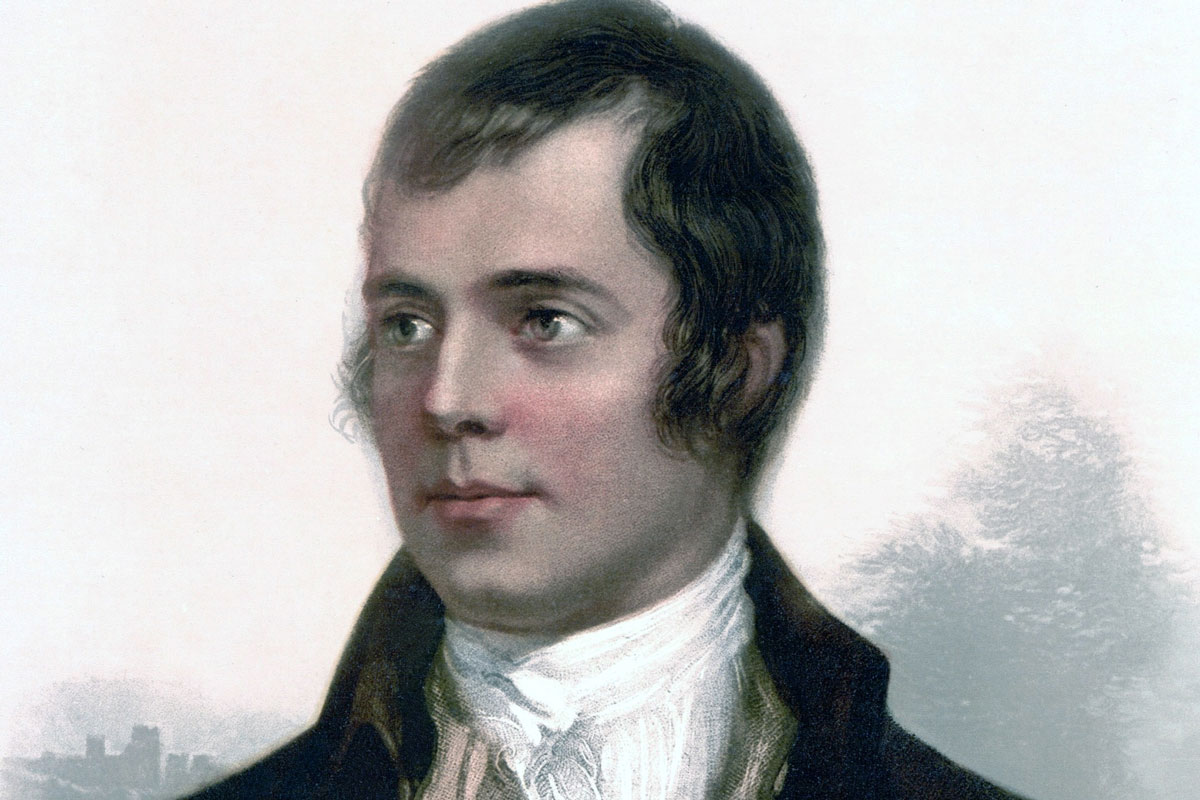
Scotland’s bard was well known for enjoying a tipple, but what were the actual whiskies Robert Burns would have sipped as he caroused around 18th Century Scotland?
Two whiskies in particular were mentioned in Burns’ poems: Ferintosh, a Highland distillery; and Kilbagie, a lowland producer in Clackmannanshire.
Both distilleries, sadly, are long gone. However, information about them survives. In fact, both were considerable players in the whisky sector of the time.
Ferintosh, having been sacked by Jacobites in the uprising of 1689, was rebuilt and received compensation from the government, which waived the requirement for the rebuilt distillery to pay duty.
As can be imagined, that benefited the distiller quite a bit, and by the time Burns was enjoying drams Ferintosh had become a huge business.
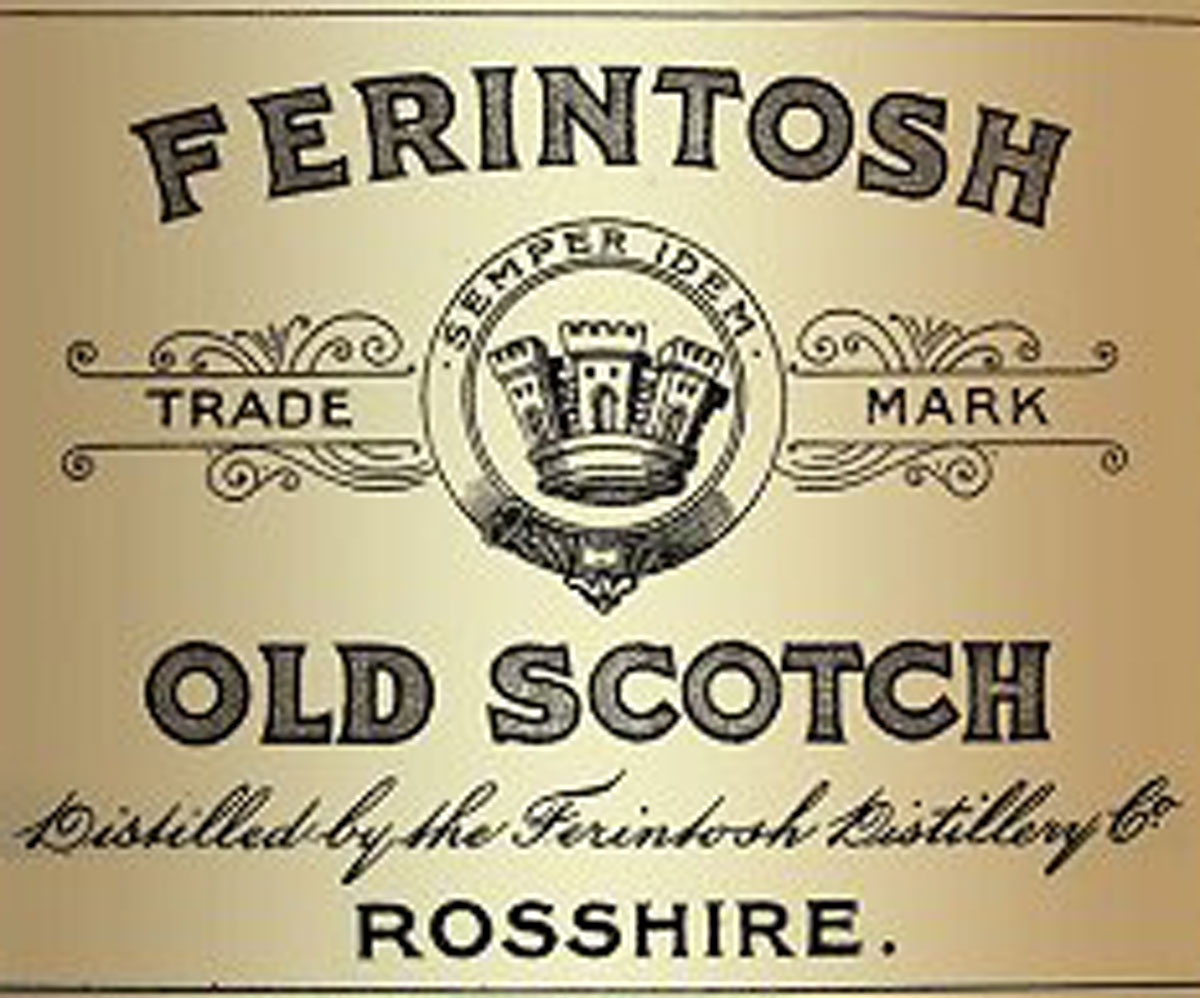
However, in the late 18th century the government withdrew that beneficial excise arrangement and Ferintosh subsequently closed its doors. Burns, heartbroken, lamented the closure in his poem, ‘Scotch Drink’.
“Thee, Ferintosh! Oh, sadly lost!
Scotland lament frae coast to coast!
Now colic grips, and barkin’ hoast
May kill us a’;
For loyal Forbes’s charter’d boast
Is ta’en awa’!”
Kilbagie, meanwhile, was well known as a producer of industrial spirit – much of which was sold to English producers to be turned into gin. Not known as a refined spirit, it was mentioned in Burns’ cantata, ‘The Jolly Beggars’.
“And by that stoup, my faith and houp
And by that dear Kilbagie
If e’er you want, or meet wi’ scant
May I ne’er weet my craigie!”
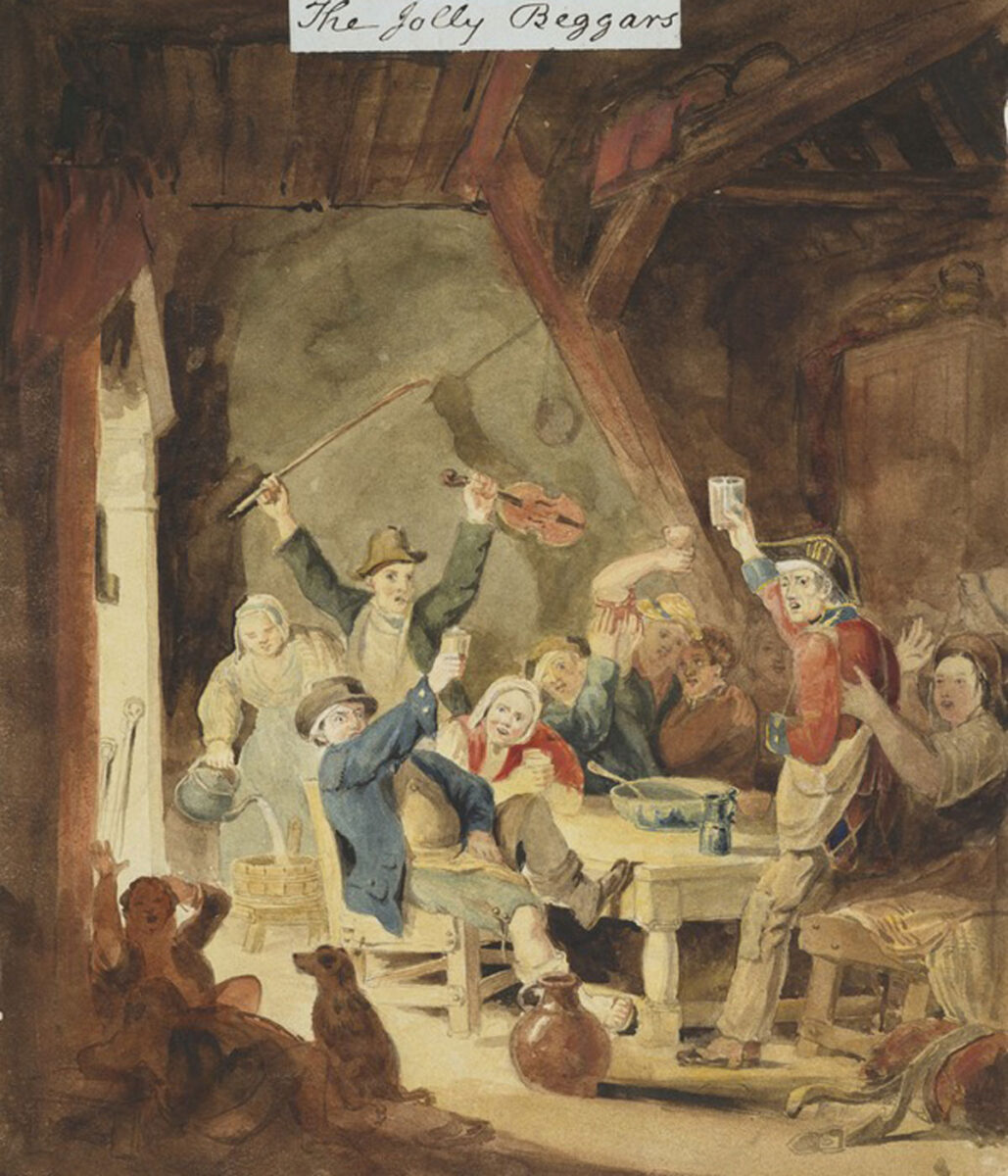
Burns later referred to lowland whisky as ‘rascally liquor’ in a letter, and it’s been speculated that he wasn’t a fan. The brand’s inclusion in The Jolly Beggars was perhaps intended to be descriptive of the title characters’ lower social standing. Whatever the truth of it, Kilbagie closed its doors in the 1850s.
In our modern age, the closest distillery to Burns’ birthplace of Alloway in Ayrshire is across the Firth of Clyde on Arran, an island that Burns would indeed have seen most days looking out from his home village.
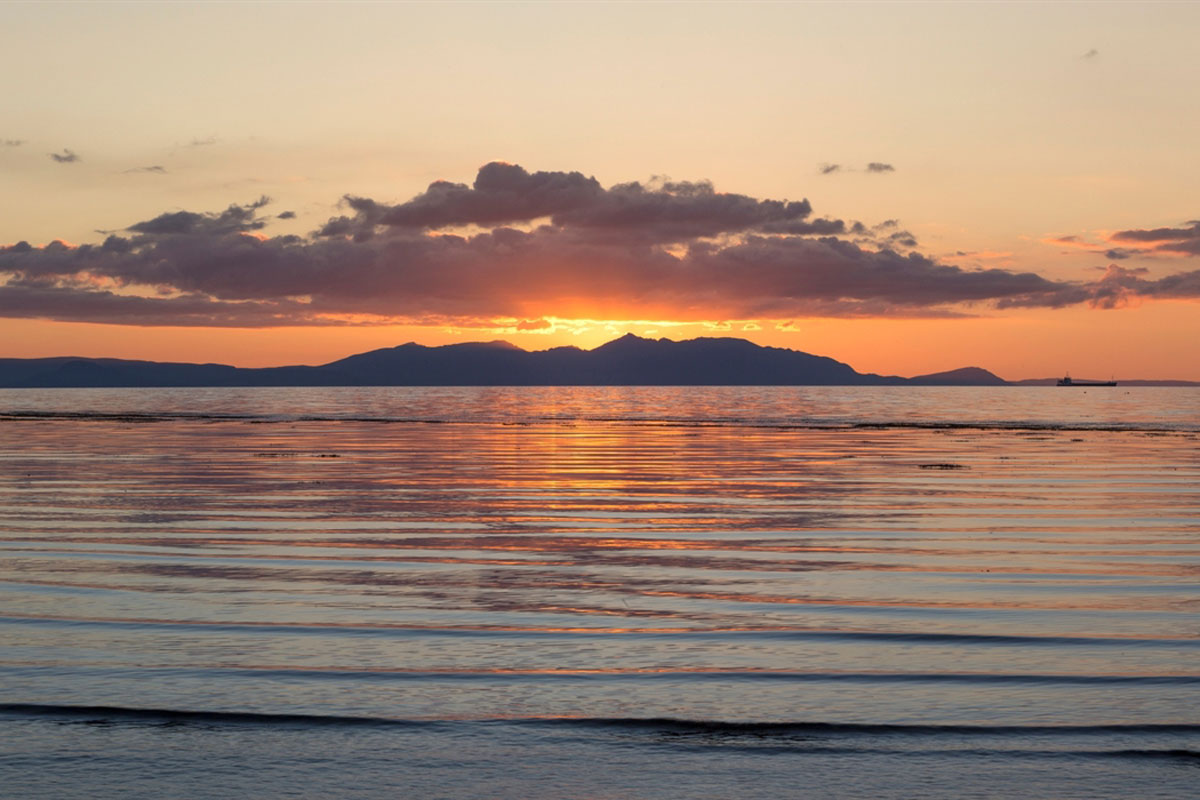
With that in mind, Isle of Arran Distillers has been producing a Robert Burns branded Single Malt since the very earliest days of their distilling history on the island.
A light aromatic Single Malt, produced 100% in Bourbon Barrels, it is said to have ‘a beautiful lightness and vanilla freshness, with notes of citrus and orchard fruits’.
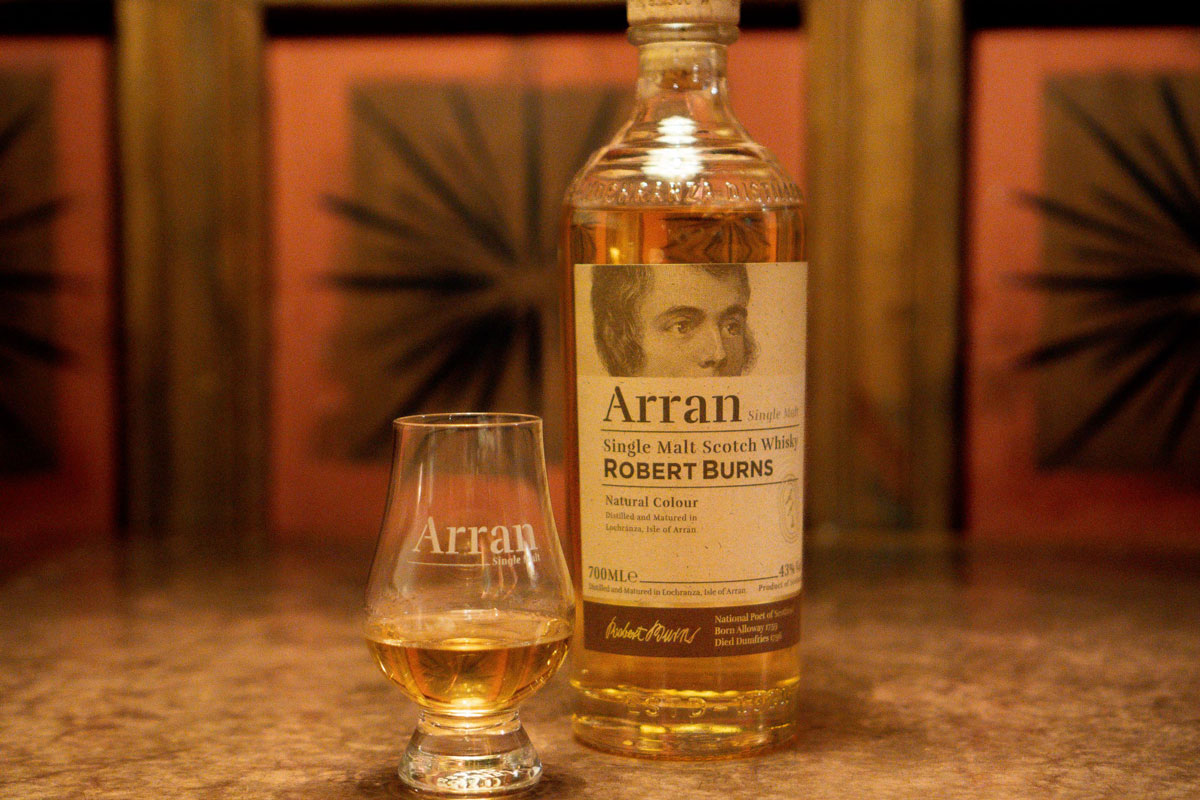
Isle of Arran Distillers describe it as ideal for drinking prior to or during a meal and ‘particularly good with a Burns supper as the clean citrus notes cleanse the palate alongside the robust flavours of haggis’.




















